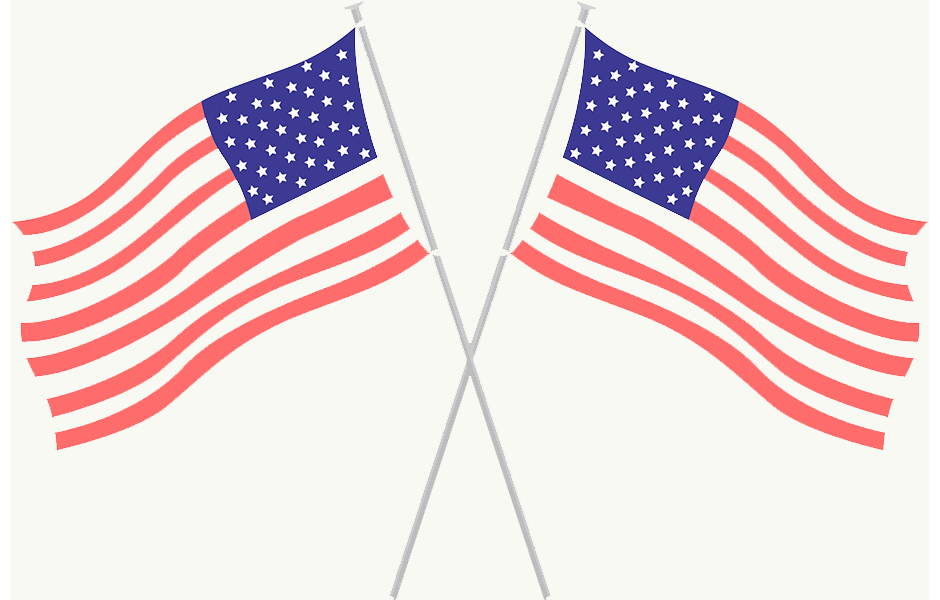AbbVie has announced a $195m expansion of its North Chicago manufacturing plant, in one of the latest moves by a pharmaceutical company to boost US drug production ahead of impending US tariffs on imported medicines.
The new facility, due to begin construction in autumn 2025 and open in 2027, will increase domestic output of active pharmaceutical ingredients (APIs) used in treatments for conditions ranging from cancer to autoimmune disorders. The investment forms part of AbbVie’s previously stated $10bn US capital spending plan over the next decade, aimed at expanding innovation and safeguarding supply chains.
AbbVie’s investment follows a string of similar moves by other drugmakers. Roche, the Swiss pharma giant, is committing $50bn over five years to new US manufacturing centres and facilities, while Indianapolis-based Eli Lilly has pledged $27bn for four new production sites. Johnson & Johnson and Novartis have announced $55bn and $23bn respectively, and Britain’s AstraZeneca is spending $3.5bn on a high-tech plant in Virginia.
The rush to build domestic capacity is partly a hedge against the potential upheaval in global supply chains. According to Avalere Health, around two-thirds of the APIs used in US medicines are currently sourced abroad, predominantly from China and India. Analysts from ING, Yale University’s Budget Lab, estimate that a 25% tariff could increase drug prices in the US by an average of 14%, adding roughly $600 a year to typical household healthcare costs and hitting generic medicines particularly hard.
Still, for now, pharma executives are pushing ahead with construction timelines, racing to shore up manufacturing before tariffs reach their peak. AbbVie’s latest expansion may be smaller in scale than some rivals’ juggernaut cash injections, but it underscores the sector’s urgency in securing a more robust future for US drug production.









